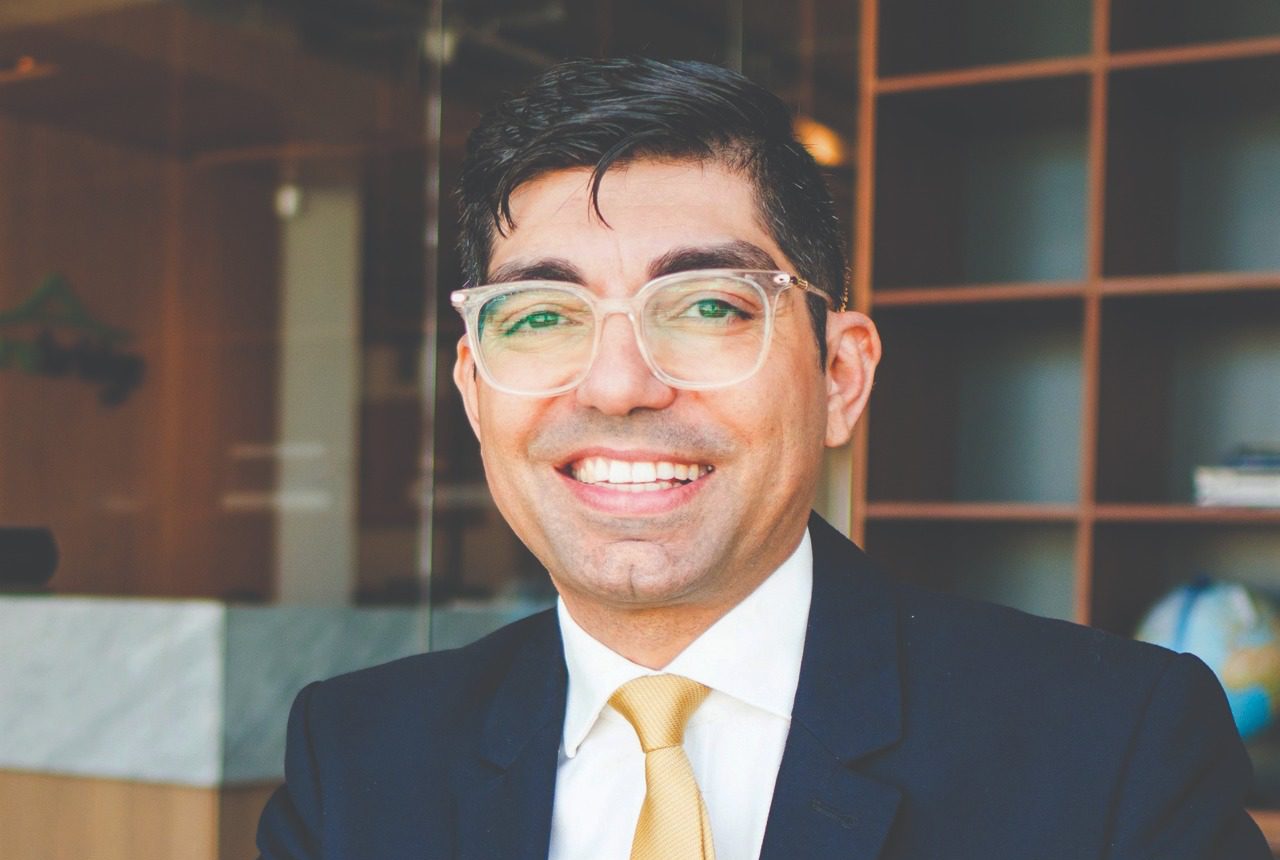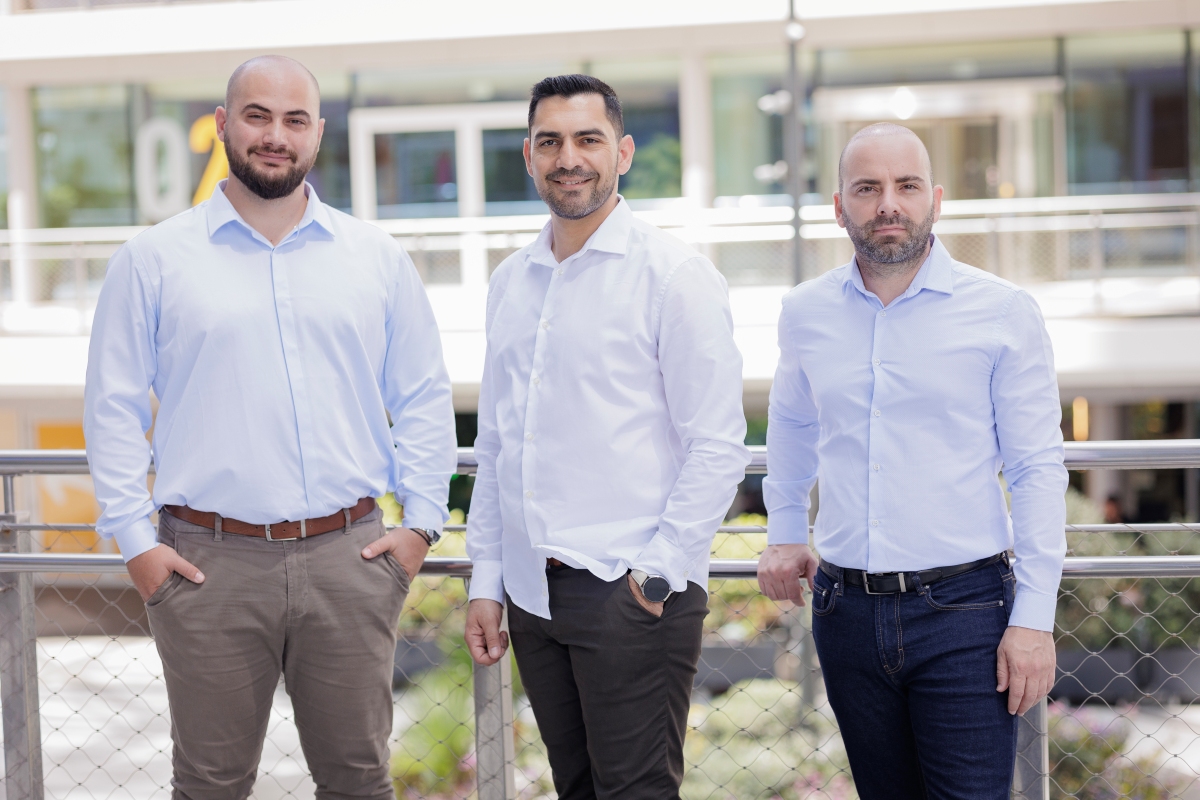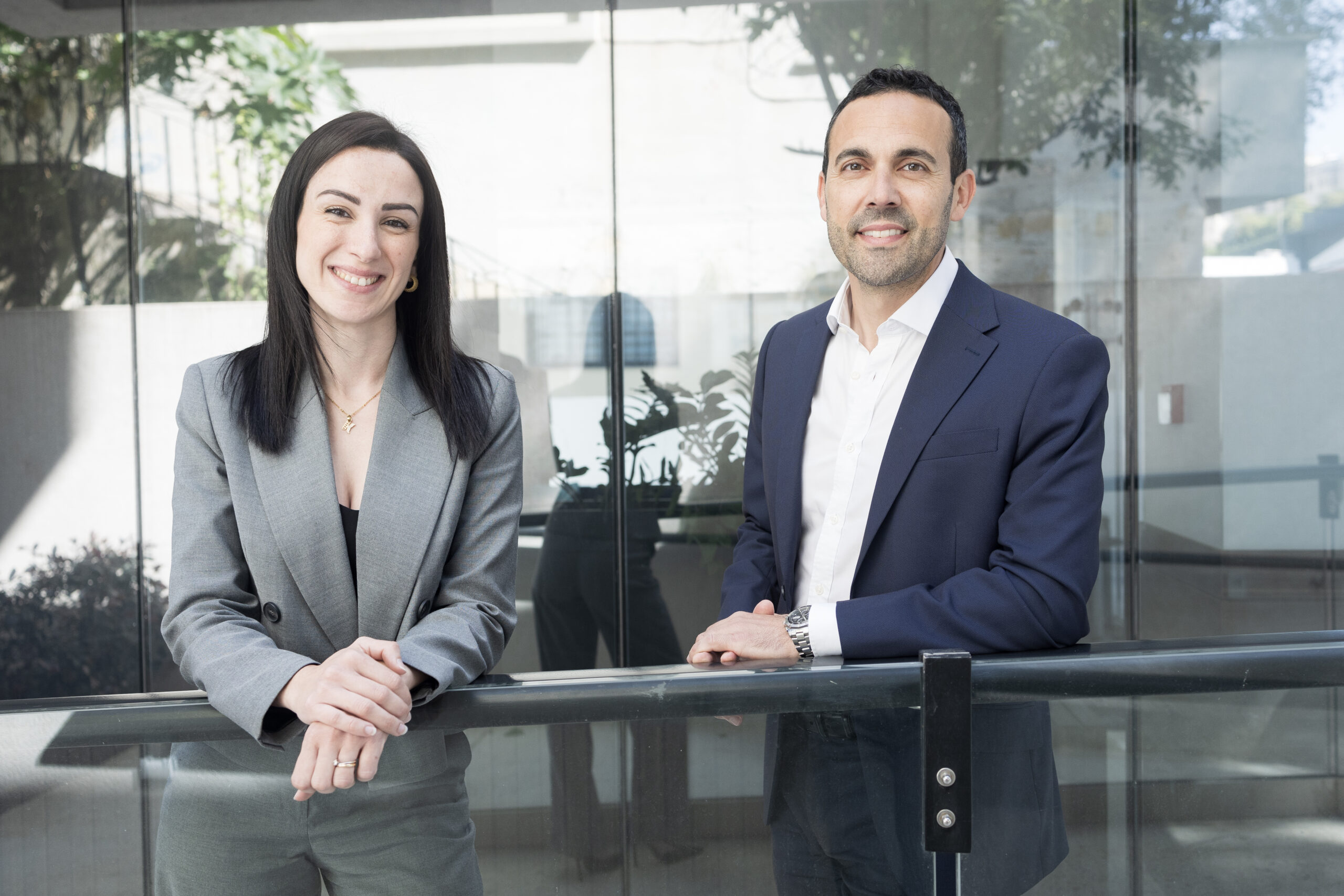Even before initiating his new role at EuroBridge, Robert Cassar began to design a structure that would help him contribute as much value as he could absorb from the business in the quickest time possible.
Robert says, “according to the seminal work by Michael Watkins on the first days in a managerial role, if you join or move to a new leadership position, you’re likely to find yourself in one of five business situations. These are: start-up, turnaround, accelerated growth, realignment or sustaining success. In EuroBridge’s case, it was accelerated growth. However, there is no one-size-fits-all approach towards assisting an organisation in its growth. This is why it was critical for me to analyse the company thoroughly beforehand to truly be able to strategise accordingly.”
The CEO’s seven ‘C’s
Through Robert’s experience, he has collected a list of things which a leader needs to start tackling immediately and on an ongoing basis. He calls these the seven ‘C’s – each C standing for Chemistry, Customers, Competitors, Contacts, Culture, Core Services and Context.
“There are many things coming your way when you are sitting in the CEO’s seat,” Robert explains. “Each of the Cs assist me to address the business in a 360-degree way. One can even use the seven Cs to build or upgrade a company’s strategy, and therefore these are not necessarily only used in transition to a new managerial role.”
Robert explains the meaning behind each C and its counter in detail. “The first C is for Chemistry, as in chemistry in building rapport with the directors, understanding their vision and aspirations, and finding synergy through the sum of our strengths.”
“When considering EuroBridge’s Customers (the second C), we consider who they are and who our potential customers could be. We must cater to what they currently want and what they will want in the future. Then beyond this, how can we exceed customers’ expectations?” he posits.

“When looking at EuroBridge’s Competitors we consider what they are doing better and what they are doing worse than us. We look at who the market leaders are and why. As a strategy, we then consider where we should position ourselves,” the CEO continues.
“We also look at EuroBridge’s Contacts – i.e. our suppliers and consider who is in a better position of leverage. We then work on how we can build up our rapport with our current ones, as well as finding new ones.”
Meanwhile, Robert notes, “EuroBridge’s Culture is all about how we can retain talent and how we can become an employer of choice. Here we look at who the strong members of the team are and who needs development.”
“Details of the shipping industry is the Core Services element. The terminology? The calculations? What are the services specifications?” he adds, while finally, “Context is what EuroBridge wants to stand for. What is its history? Where is it going? Where does it want to go?”
Of course, Robert applied these to EuroBridge throughout his first 100 days, however, he explains that these seven Cs can be applied in any managerial role, to any organisation, and in any point in time in an organisation’s journey.
Remove, improve or outsource
Another mantra that assists Robert is one related to understanding the strengths and weaknesses of the business. “There are areas in the organisation which are strong. I found them and worked to improve them. On the other hand, there were services or processes which are either no longer feasible or no longer meeting customer demands. I considered which ones we should remove so that we can focus that energy on our strengths. In the first 100 days at EuroBridge, I saw these and aimed to address one and the other. Finally, if a process is not core to the business – i.e., you don’t deem your organisation an expert in that field, find an organisation that is and outsource it. It could be the IT setup, marketing, logistics or freight forwarding. One needs to accept that an organisation can’t be everything for everyone and focus on what it does best.”
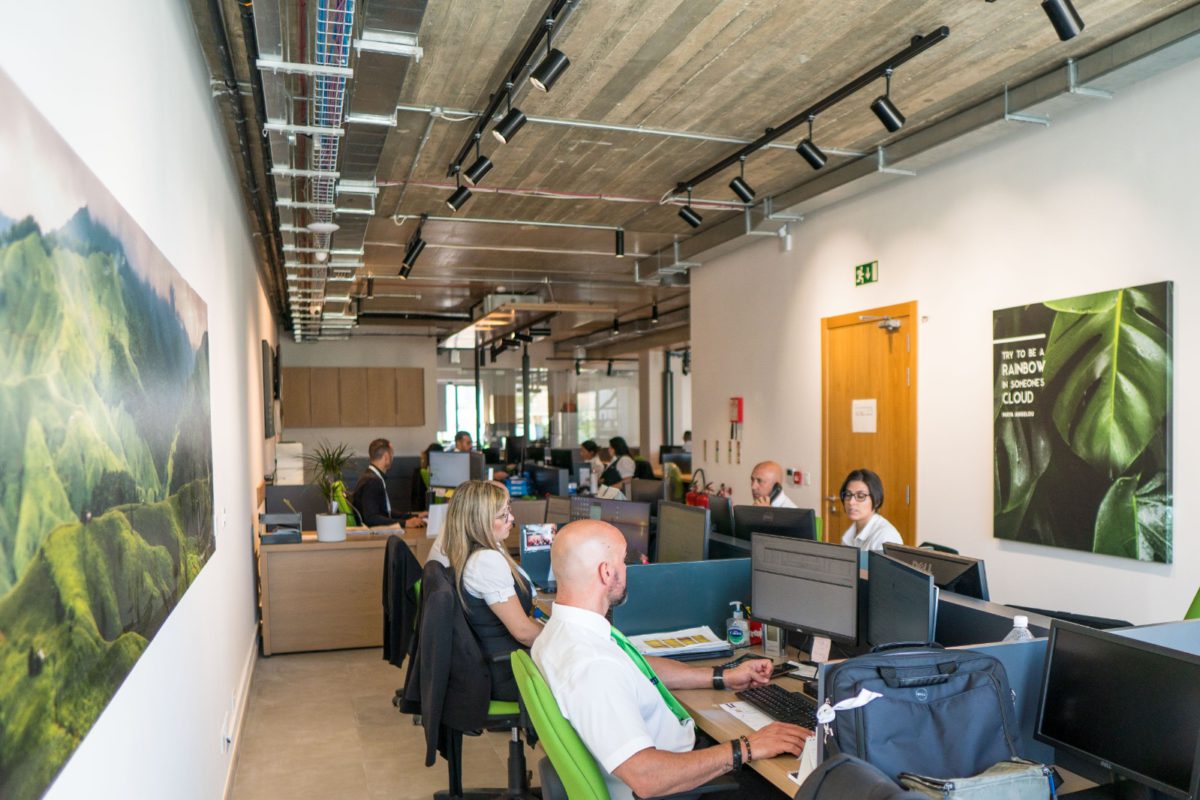
The people
Robert believes that any manager is able to achieve success for their organisation only thanks to their team. This is more challenging when a leader is moving to a new organisation. The new CEO states that “what was critical in the first month at EuroBridge above all else, was to get to know the culture of the organisation. Depending on the size of the organisation or concerned section to be managed, get to know the individuals, gain their trust and understanding, tap into the different perspectives each individual gives and start confirming to everyone that you are open to listening to suggestions, ideas and explanations of the business.”
It’s significant to Robert that he evaluated his team members based on their competence, decision making, attitude towards deadlines, as well as their focus on priority. He states, “EuroBridge was already built around empowerment. Micromanaging demotivates people, but also switches off innovation. We value the work our employees do, but even more so, we value their thinking capabilities, their team spirit, and different perspectives. Many problems we face, in their detail, are quite particular to the organisation, to the country and to the particular point in time. Take for example, the COVID-19 pandemic and its consequences on all aspects of life and business. Now, look at all the challenges we had to face in different organisations which were triggered by COVID-19. Then, see each individual in your organisation as a potential creative node. Imagine if you would be able to tap into their experience, their perspectives and their non-conventional ways of tackling issues. We need to tap into that, not restrain it, and this respect towards the individuals’ ideas and outlook motivates people.”
Another aspect that Robert feels pushes this strategy forward is embracing diversity in the people around us. “Different backgrounds bring different perspectives,” he says. “This is something which should be promoted and not something which should be seen as a problem to a leader. These attributes need to be encouraged and personal attributes, such as inter-organisational relationships, trustworthiness and even their kind of energy are also all-important ways for me to assess a team member’s possible contribution.”
Perhaps one of the most difficult yet important aspects of being an effective CEO, however, is self-management. “It’s largely about time management for me,” says Robert, “from prioritising time to plan things efficiently to taking time to step back from critical situations to assess competently. It’s also about allocating time to focus on the processes involved in my efforts towards the desired result. It’s imperative for me that my support system needs to include not just professional, but family support as well.”
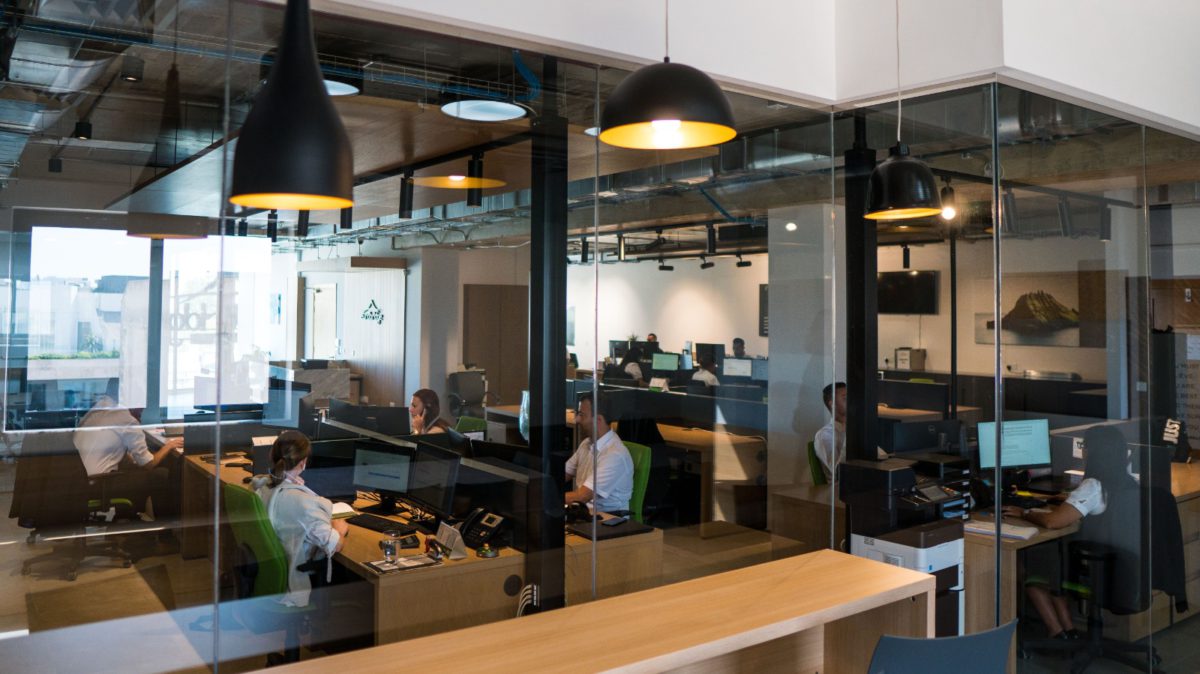
One last point on people Robert makes is the need to empower team members via delegation. “Delegation doesn’t mean ‘passing the buck’ – let’s make sure not to confuse the two. In fact, sometimes it’s easier for an individual to do something themselves rather than to delegate. Delegation requires effort from both parties, especially in the first 100 days of a business relationship, when one is introduced as the manager in a team. Delegation of work also requires the ability to be humble because one has to accept that there is more than one way of how something can be done right, and when you’re delegating, rest assured people will find solutions to problems in ways different to those solutions you would have thought of. Embrace that, don’t resist it.”
Getting things done
A balance between deep focus and keeping an open-door policy is a must, and one of the most challenging aspects in management. Robert says, “An open-door policy today doesn’t simply mean a literal ‘open-door to a literal office’ but more so by means of being accessible to the team via other media, such as email and chat services. One however needs to find time to focus on projects and areas that require planning and critical thinking. I find that the best way to manage my inbox is to have a ‘zero inbox policy’. This means that by the end of my day, all emails received are seen to, with priority given to those coming from customers and team members.”
“Another way of getting things done is to protect your calendar like it’s the holy grail. Make sure you keep your day organised, prepare for it the day before, respect the time given to you by others, especially meeting start times (something which culturally we are a bit deficient in), and the best tip – always end any meeting with a roundup. This can be sent as a bullet point list via email to the attendees so that things are clear to all on what the expected outcome should be.
In conclusion, Robert admits that even though he tends to promote the ‘first 100 days setup’, he knows very well that there is no real cut off between the first 100 days and what happens next. “EuroBridge, or any organisation, is a long-term project, and the first 100 days are not the be-all and end-all, but only the foundation of what one aspires to be a setup for long-term success.”
About Eurobridge
Established in 1995, EuroBridge Shipping Services started as freight forwarders from Italy and have established themselves as one of the leading freight forwarding companies over the last decade. They now move cargo to/from all over the world in all kinds of modes available and are committed to investing in new technologies. By offering a wide range of services, the company aims to provide the best service to all its clientele. EuroBridge is also connected with a wide range of international and local partners to be able to deliver the right service, at the right level of quality, and for the right price.
Malta’s next leap: Secured
How ESET delivers enterprise-grade security to meet Malta’s digital ambitions
Mastering the language of business: How BELS is crafting bespoke training for a dynamic economy
BELS Malta Director of Studies Arianna Muscat on how the language school helps companies equip their teams for success.
Built differently – CLA Malta offers custom solutions in a cookie-cutter landscape of tax advisory and business
Their client-centric philosophy extends far beyond conventional consultancy.


